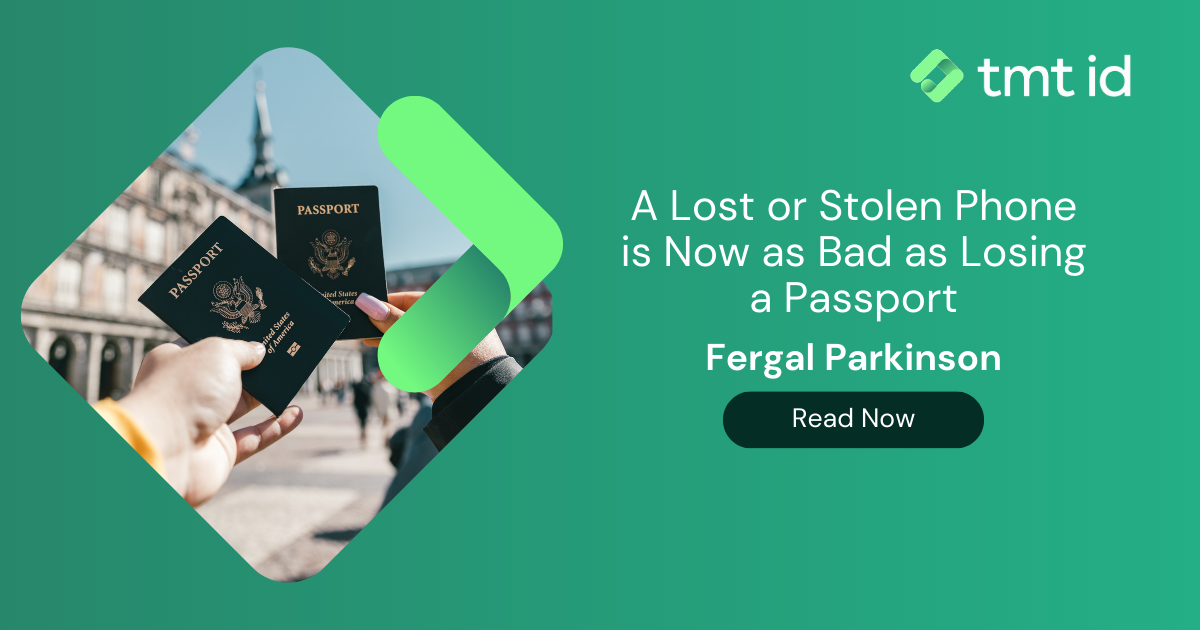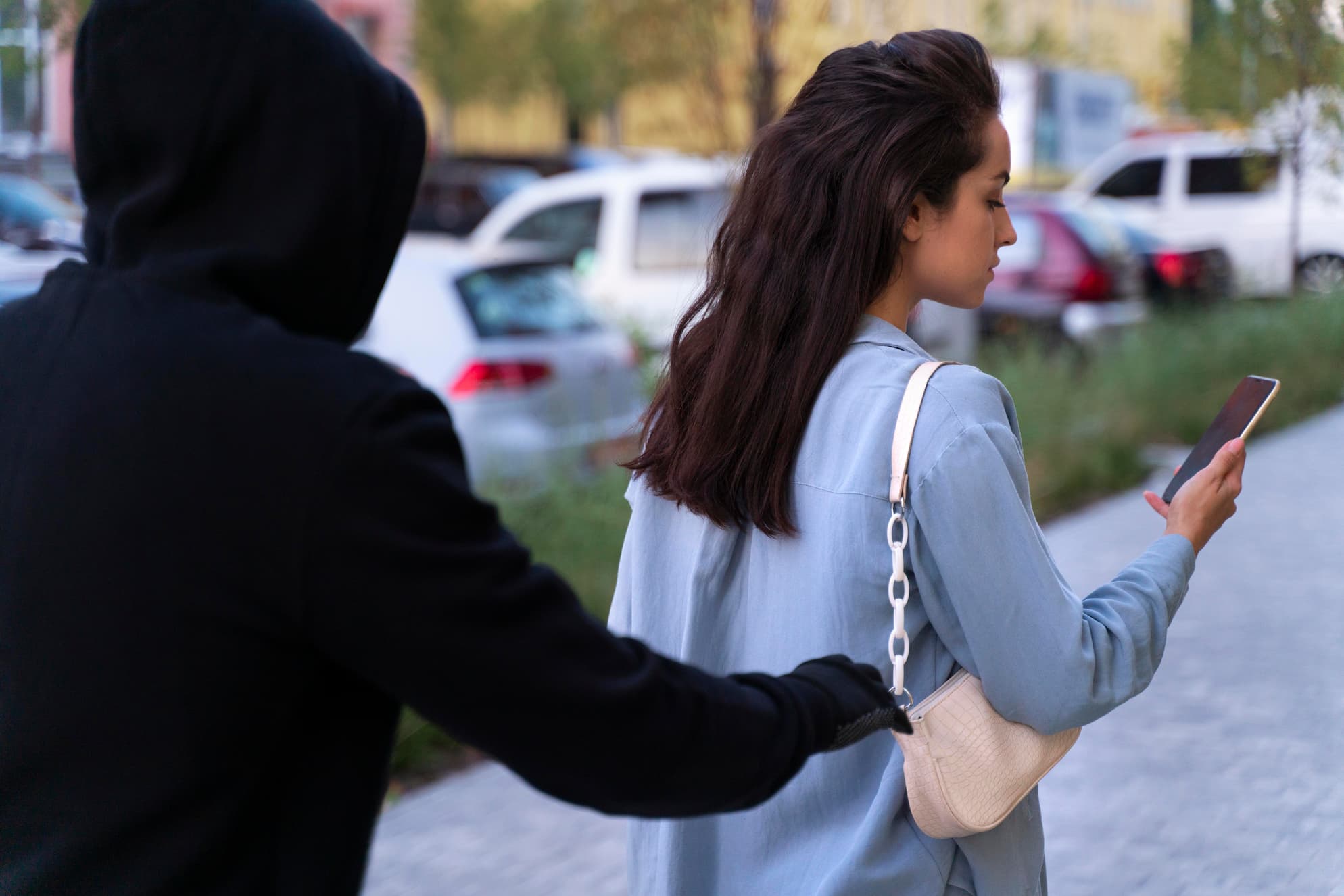
The Home Secretary in the UK caused a media furore this month. How? By asking police to investigate crimes.
This may not sound like the most controversial request in political history; indeed it may sound a pretty obvious one, but it still prompted a significant outpouring and national debate in the country where I live – and where TMT is headquartered – the UK.
The reason it did so is because by suggesting that the police should investigate any case of criminal behaviour, such as theft, she implicitly conceded that the police aren’t currently doing this. Prosecution rates in some categories – vehicle theft, for example – are now so low that they barely clear one per cent of cases. So, for every car stolen, 99% of thieves get away scot-free.
This left the Home Secretary open to criticism. After all, it was her own party, now in government for some 13 years, that had allowed this to happen.
I mention all this because it came just a few days after a friend of mine had experienced this first-hand, with his teenage son having his iPhone stolen.
He’d been with friends outside a busy cafe chatting. His phone was on a bench beside him. And when he looked next to him it was gone. Someone had obviously swiped it.
London is full of criminals like this now. They can snatch your phone off a table or out of your pocket. They will even violently snatch it out of your hand if they motorcycle past you when you’re looking at it. And they can catch you unaware, anywhere, at any time.
In the case of my friend’s son, he was able to quickly activate his ‘find my phone’ function before the thieves got round to disabling this. He could see exactly where the phone ended up – in a flat only five miles from where it had been stolen.
My friend rang the police on his son’s behalf. But they soon made it clear there was no way they were going to send someone round to this address any time soon. So, my friend decided to go himself.
Perhaps he was putting himself at risk in doing so. Certainly, he told me, he felt aware that he was heading into the unknown when he found the address and rang the doorbell.
But remarkably, just five minutes later, he had the phone back. He had taken a non-confrontational approach to the person who answered the door, a middle-aged woman: instead of saying the phone had been ‘stolen’, he said it had been ‘lost’ and that it appeared the person who had found it was living here.
The woman called her son. He was the same age as my friend’s son. And he was obviously thrown at this unexpected call to his home – and clutched at the olive branch offered – “Yes I did find a phone…I was going to try to work out who it belonged to,” he improvised, rather than face being accused of being a thief in front of his mum.
They had the phone back just five hours after it was taken – it didn’t even need to be reset. Everything still worked exactly as before.
This contrasted sharply with the recent experience of another friend, who also had his phone stolen. But this incident was a mugging rather than a snatch. And considerably more unpleasant as a result.
My friend in question was walking home from a train station, through a park, at dusk. He had the phone in his hand and looked up to see himself suddenly surrounded by a trio of menacing individuals. They demanded both his wallet and phone. And the implication that violence would swiftly follow if he declined was so plain that he obeyed. Then, they asked for his PIN number. He thought about lying, but it was obvious they’d check so he told them. And then they ran off.
He ran too, in the opposite direction, racing home to spend the rest of the evening trying to cancel cards and block accounts and arrange a replacement handset.

In this case the police did come out and take a statement and descriptions and so on – but they’ve yet to make any arrests. Meanwhile the fallout from the robbery took him several days of difficult and stressful admin before he could restore his status quo.
He’d been sharp enough to do the right things within minutes of the robbery – and they hadn’t been sharp enough to, say, ask for the separate PIN to his banking app as many robbers now do. But still, with his backup being out of date and the phone itself being the key item in most of his online security protocols, it was, as he described it – a “nine out of ten on the pain in the backside scale” to sort out the ensuing mess.
Because these days your phone is more central to your identity than anything else. I’d honestly rather lose a passport than my phone – because although the time it took to get a replacement would be much longer, the amount of hassle involved would be considerably less.
So central are these handsets to our lives now that incidents like this are a regular reminder that you shouldn’t put your phone down in a cafe unwatched – or stroll around a city centre so absorbed in it that you don’t see someone coming right at you to take it.
We at TMT ID are part of the wider support network that victims of such crimes get help from: we can detect a theft like this very quickly from the data we instantly access, and can alert other agencies to the loss of integrity of a number. And that can be a big help in stopping the criminals taking much more than just the handset itself.
But we can’t help customers with all the hassle that a lost or stolen phone throws up.
Which is why it’s qualified good news for those in the UK that the police are now being told to take this kind of thing more seriously: if the thieves have a realistic fear of being caught and prosecuted, the proliferation of such crime may finally recede.
In the meantime, it really is worth being careful at all times: when you lose a phone, you’re not just losing the handset itself, worth a few hundred pounds at most, but you’re losing the ability to function in the modern world.
Last updated on August 5, 2025
We provide the most comprehensive device, network and mobile numbering data available
Contact us > Chat to an expert >